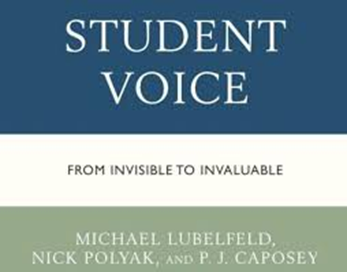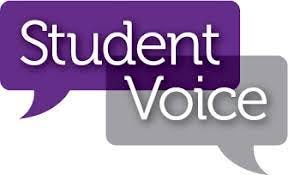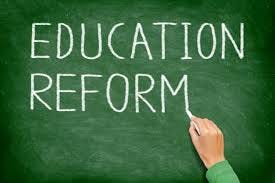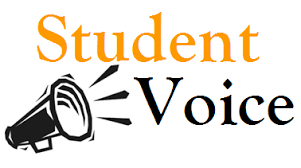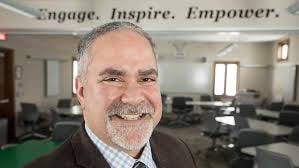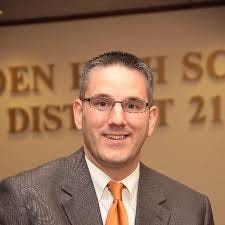“I am seeking, I am striving, I am in it with all my heart.”
– Vincent Van Gogh
On Monday, February 21, 2022, we celebrate President’s Day in the United States. It’s a day to honor those who have been elected by the “people” or some version of the “people” as that has evolved over time, to lead the “free world” as we say. These leaders have experienced trials, tribulations, scandals, triumphs, and much, much more over our nation’s many years in the global sphere. Leadership is what makes the difference as all leaders have ups, downs, and in between.
Our nation’s schools, a foundation and cornerstone of freedom, democracy, and “The American Way”, have come under a spotlight, scrutiny, hate, and love during the nearly two years of the experimental leadership driven by COVID-19 and divergent leadership around the nation. Follow the scientists – OK but they disagree. Follow the public health experts – OK but they disagree. Follow the politicians? – Uh – no thank you (LOL)! – But even they disagree. So … what is a leader left to do?
Publicly elected school board members (unpaid volunteers in Illinois and in many states around the nation) became (and are) at the front lines of democracy. Elected Officials who shop at the same grocery store as their neighbors who voted them in office. They who attend the same churches and faith-based organizations as their neighbors, and those, who until recently, held boring meetings. You know things may be out of control when Saturday Night Live parodies school board meetings and every superintendent is “like” – “yep, they got it right”!
So how do we evolve and grow, progress, and lead for our nation’s children and educators? When outside “experts” either abdicated leadership, waffle at the leadership, paralyze themselves with fear of failure, other, or “all of the above”, the leader (eg – the superintendent of schools in partnership with his/her school board and team) must LEAD.
I’ve been in public schools for nearly 30 years, I was a middle teacher (social studies, US history, civics, reading, Spanish, English, 6th grade, and 8th grade), a middle school associate principal (grades 4-8 and 5-8), a middle school principal (grades 6-8), a PK-8 Assistant Superintendent, and for the past 12 years, I have been a PK-8 public school superintendent. I learn from other leaders, and I lead others. I have four degrees from college universities (Bachelors, Masters, Specialist, and Doctorate). I’m a member of the AASA Leadership Network and the IASA Leadership Team, I’m a published author and a leadership coach. Blessed with opportunity, coaches, guides, friends, colleagues, and inspired by students, families, teachers, and experts, I am a lead learner proud of opportunity and highly cognizant of responsibility.
I take nothing lightly (for better or for worse). Thankfully the school board for whom I am employed, dedicated, and proudly serve is composed of seven amazing people who understand governance, leadership, and future-focused planning. With them we have and we continue to navigate the uncertain waters of the pandemic. We are now at a “crossroad” where the politics have gone haywire, the scientists and public health experts have gone haywire, and the need for leadership outpaces the speed at which outside experts have offered guidance. This coming week, the week where we honor President’s Day, our Board, locally, will be demonstrating on-the-ground leadership at a very important time. I’m honored and proud to lead in #112Leads.
My experiences from last week have reignited my passion to write … this is my first blog post in months … thank you AASA!
Leadership is a Team Sport
Recently I had the good fortune of attending the National Conference on Education, NCE, from the American Association of School Administrators (AASA). The School Superintendent’s Association, the AASA, has been in operation for more than a century. Supporting professional development, growth, and innovation for our nation’s top educational leaders has been and remains their mission of service. In the twelve years, I have served as a public school superintendent, I have attended the NCE. The conference was in person this year, the first time since February 2020 — and even though it’s only been a few years — it has seemed like an eternity since we have been able to learn together, lead together, and network together as colleagues and friends from all over the USA.
Education, public education, some would argue is the glue that binds us as a society. Some would argue it’s the most “American” of institutions. It’s where our youth spend more time than anywhere else from age 5 to 17 (or age 3-22 in many cases, as well). It’s the place where cultural values and norms are taught, reinforced, challenged, and promulgated. It’s where the very roots of the foundation of our democracy are first taking hold. And since March 2020, the foundation has been shaken, inequities have been exposed, innovations have been tested, divisive politics have divided and leadership both absent and present has guided us — or misguided us — on many fronts.
The #NCE2022, with great keynote speakers, honored partners, and heroic superintendents recognized for leadership and accomplishment helped restore my faith and confidence and my re-energization with respect to my role as a suburban Chicago, Illinois public school superintendent. The title of this post is “Leadership is a Team Sport” and that is exactly what #NCE2022 reminded me and my colleagues at each interaction. Whether it was awarding the national Superintendent of the Year or focusing on a keynote speaker from government, higher education, k-12 education or global leadership, or whether it was in the form of the hundreds of break out sessions, roundtable discussions, or special events, one huge theme came forward – we’re in this together. Whatever “this” was, is, and will be, we’re in it together.
I have the good fortune of leading with many exceptional people in North Shore School District 112 in Highland Park, IL, in Lake County, Illinois, in Illinois in general, and around the nation. At the #NCE2022, I was able to bring closure to a year-long leadership academy called the AASA National Aspiring Superintendent Academy, Blended Learning Model. Together with my good friend and leadership partner, Nick Polyak (Superintendent in Leyden High School District 212) we had the chance to meet in person most of our students with whom we have been leading on the journey towards the superintendent of schools position. Of our 29 students/participants representing 17 US states, 19 were able to make it in person, 14 US states were represented. Ideas and perspective sharing from Alabama, Texas, New Mexico, Illinois, Wisconsin, Pennsylvania, Maine, Massachusets, Arkansas, Maryland, Tennessee, Arizona, South Carolina, and Ohio were prominent in the team building and capstone project presentations.
Each of the participant’s capstone projects, presented in the IGNITE style (20 slides with imagery advancing every 15 seconds for a concise 5-minute presentation) were moving, thoughtful, highly prepared and planned, innovative, inspiring, and reflective of the excellence that each of the aspiring superintendents brings to the table in their home, work, and beyond interactions. They were individuals who became a team as a result of our time together. After all that we have been through and all we endure during the pandemic, it was powerful to gather, learn, and lead in person. Their graduation ceremony was fun, dignified, and well deserved.
In addition to teaching at the conference, Nick, PJ Caposey (Superintendent in Stillman, Valley, IL, Meridian CUSD 233) and I had the opportunity to make a presentation as a breakout session to more than 100 attendees at the conference. Our session on Student Voice: From Invisible to Invaluable was based on our 2018 Rowman & Littlefield book of the same title. Our team approach to research, writing, and presenting was energizing and affirming too. The AASA Conference staff wrote about our session and made a short video interview of my thoughts on Student Voice, which was also the theme of the conference.

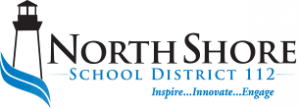 Thought Exchange to solicit community input and thoughts. People are encouraged to visit the District’s Long Range Planning Web page for more information:
Thought Exchange to solicit community input and thoughts. People are encouraged to visit the District’s Long Range Planning Web page for more information: 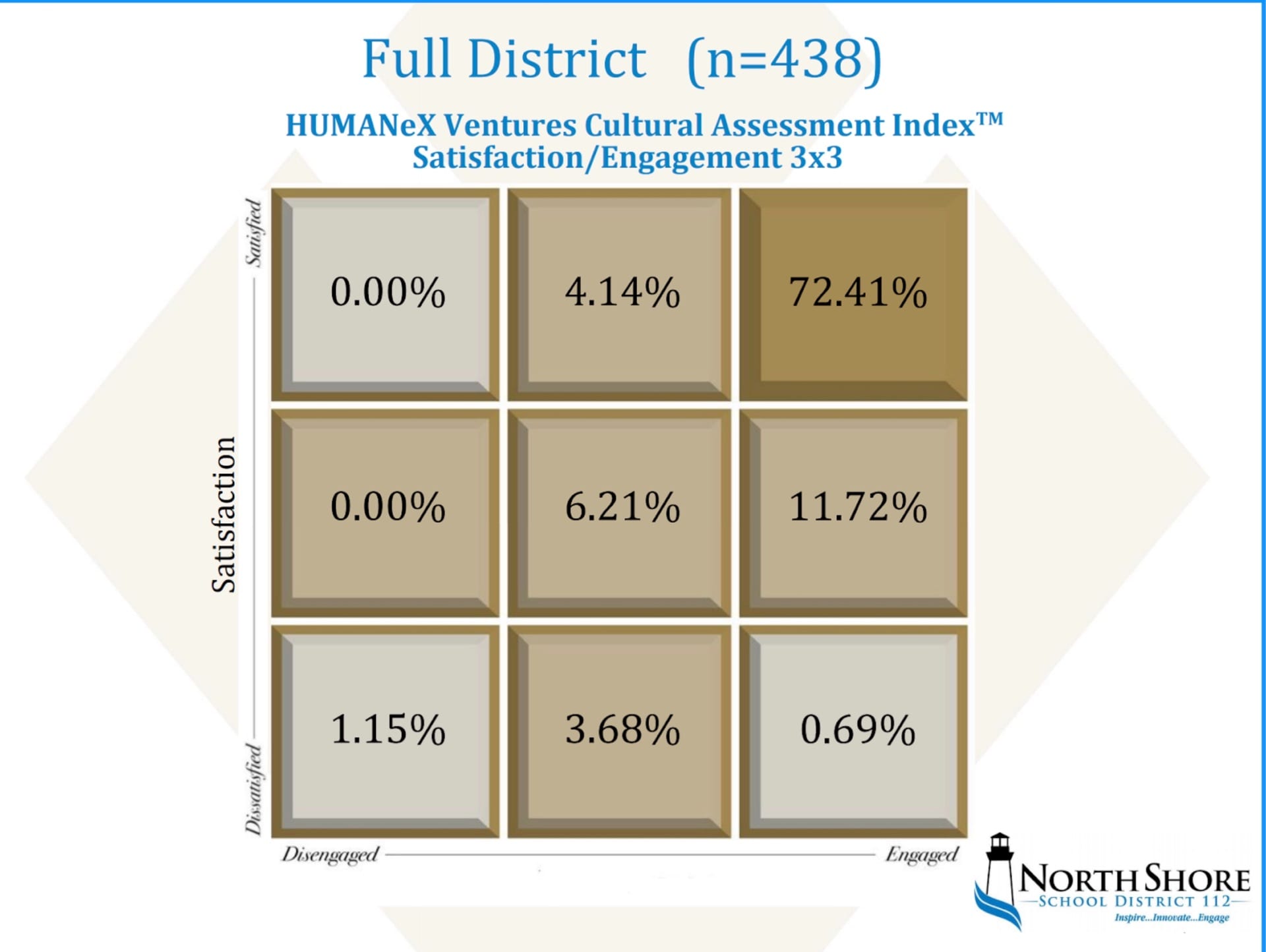
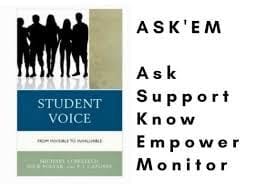 facilities upgrades or improvements will include student and teacher voice (as well as community input) as part of the refinement process.
facilities upgrades or improvements will include student and teacher voice (as well as community input) as part of the refinement process.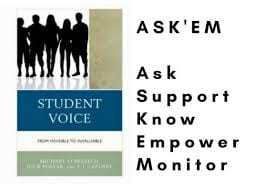 the conclusion of our book and highlights the special end of chapter feature we created: ASK’EM. It’s an acronym for what we suggest throughout the book about how leaders can incorporate student voice … just “ask’em”. The letters represent Ask, Support, Know, Empower, & Monitor, and throughout the book we share examples, suggestions, calls to action, etc. that leaders (and readers) can implement to incorporate student voice in their schools, organizations, communities, and settings! At the end of our book we have a special offer from human capital management firm
the conclusion of our book and highlights the special end of chapter feature we created: ASK’EM. It’s an acronym for what we suggest throughout the book about how leaders can incorporate student voice … just “ask’em”. The letters represent Ask, Support, Know, Empower, & Monitor, and throughout the book we share examples, suggestions, calls to action, etc. that leaders (and readers) can implement to incorporate student voice in their schools, organizations, communities, and settings! At the end of our book we have a special offer from human capital management firm 